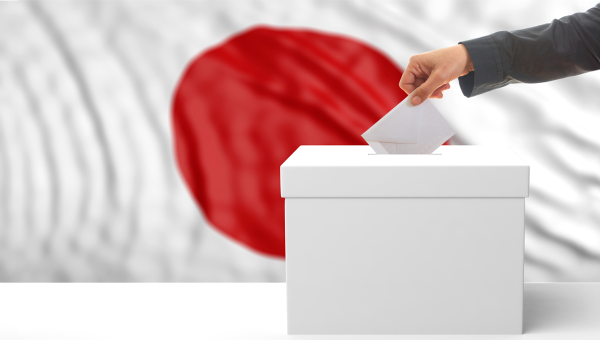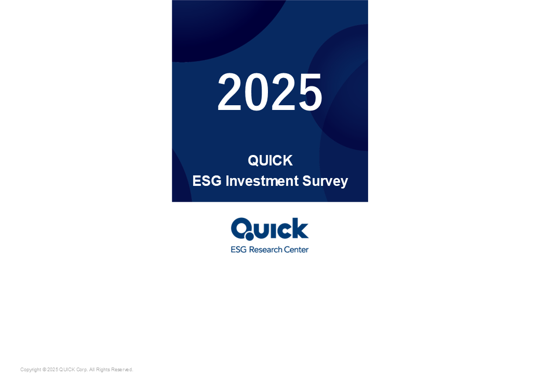Japan Markets ViewLooking for reasons why bank stocks rise
Jan 20, 2022

[Nikkei QUICK News] Bank stocks are up across the board. Amid a growing trend to buy value (undervalued) stocks, the relatively high dividend yields are likely to attract investors. With the end of the fiscal year in sight, the risk of a downturn in earnings seems to be gradually diminishing, which is also contributing to the buying of bank stocks.
■ In Addition to the Megabanks, Some Regional Banks such as Aichi Bank also Rose
On the Tokyo Stock Exchange on March 13, Mitsubishi UFJ Financial Group (8306) and Resona Holdings (8308) recorded new highs since January 2021 for consecutive days. Some regional banks’ stocks also rose. The “Banks” sector of the Tokyo Stock Price Index (TOPIX) gained ground in the afternoon, temporarily rising 1.1% from the previous day to 161.68, closing in on its high recorded in March 2021 at 162.08 since January 2021. The stock was still up 1% at the close.
While there is little downside risk to earnings, the high dividend yield is attracting investors. A researcher at an asset management company in Japan put it this way. The dividend yield of Mitsubishi UFJ and Resona HD is around 4% that of Mizuho Financial Group (8411) and Sumitomo Mitsui Financial Group (8316) is around 5%. There are also regional banks that appear at the top of the high yield ranking of the TSE 1st section, such as Aichi Bank (8527) with approximately 5.4%.
In the financial markets, the outlook for US long-term interest rates is getting stronger as the US Federal Reserve approaches to raise interest rates and reduce its asset holdings. Growth stocks with high P/E ratios (price-to-earnings ratios) are perceived to be relatively overvalued. On the other hand, bank stocks are likely to be bought on the assumption that higher interest rates will lead to improved margins.
■ Buying Ahead of Time
Of course, the relationship is not as simple as “rising US interest rates leads to rising bank stock prices.” Rising interest rates do not necessarily have a positive impact on bank profits,” said Nana Otsuki, Expert Director of Monex, Inc. This is because rising bond yields (and falling prices) can easily lead to unrealized losses on assets under management, and it does not necessarily lead to higher domestic lending rates.
In fact, lending rates in Japan have been in a steady decline for most of the past decade. The average interest rate on new loan commitments (overall) compiled by the Bank of Japan is around 0.6% for 2021. The level has been cut from around 1% in 2011-14. In the Bank of Japan’s loan and deposit trends, the average balance of loans in December 2021 increased by 0.5% YoY. Although regional banks steadily increased, “metropolitan banks, etc.” including major banks decreased by 1.1%, falling below the previous year’s level for the seventh consecutive month. The current situation continues to be a reaction to the previous year’s funding support, and there is no indication that corporate demand for funds is increasing.
Still, the reason why bank stocks are being bought “seems to have a popularity contest aspect to it,” according to Ms. Otsuki of Monex, Inc. According to QUICK Monthly Survey (Equity) in January, the percentage of investors who said they plan to overweight in each sector minus those who said they plan to underweight was 19%, the highest since June 2000, when the data was first released. “It looks like there are a lot of people who want to buy bank stocks, so let’s buy them while we can.” Such “passive buying” may also be supporting the current rally in bank stocks.
NQN News on QUICK Data Factory
https://corporate.quick.co.jp/data-factory/en/product/data017/




